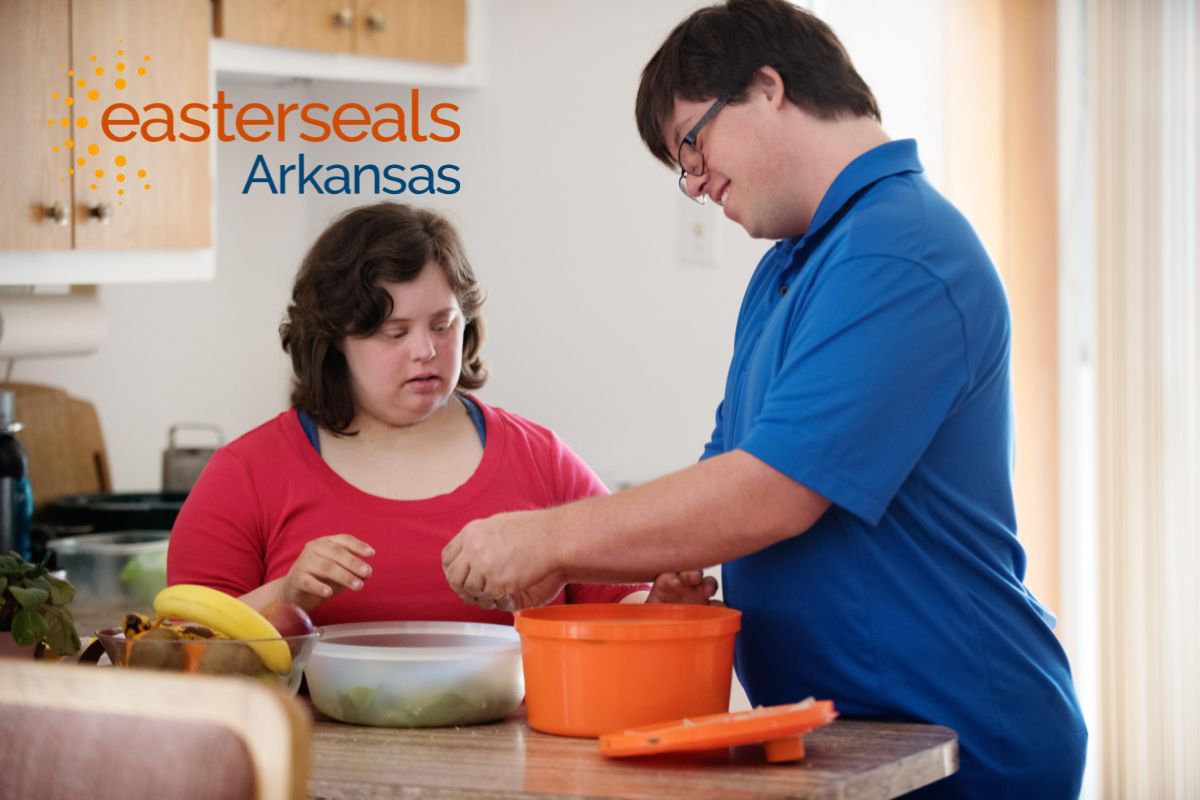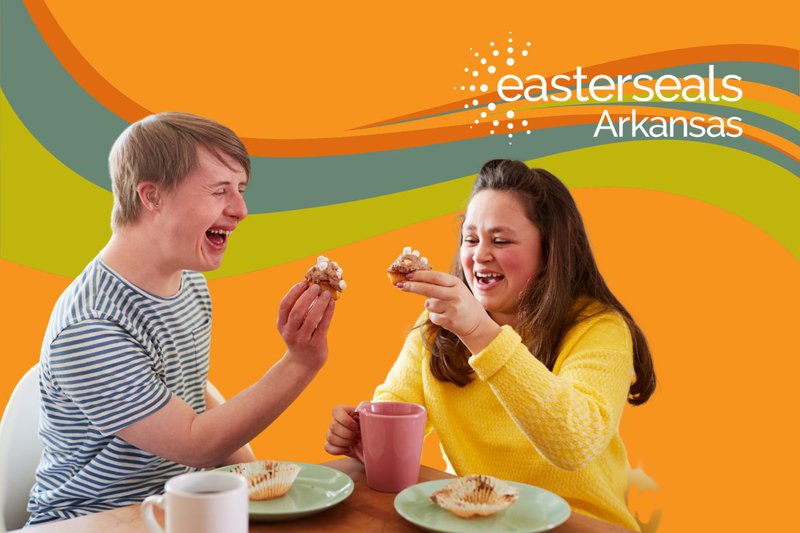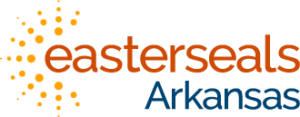
At 18, many teens lose support right when they need it most. If you're caring for a young adult with disabilities—or know someone aging out of foster care—you may wonder: what now? That’s where independent living programs come in. They teach real-world skills, offer housing, and build confidence. Here, we’ll walk you through who these programs help and why they matter more than ever.
Key Takeaways:
- Independent Living Programs (ILPs) help foster youth, disabled youth, and at-risk teens transition to adulthood.
- ILPs teach life skills like budgeting, cooking, cleaning, job readiness, and conflict resolution.
- Housing support options include group homes, supervised apartments, and rent vouchers (e.g., Foster Youth to Independence).
- ILPs provide mental health services, mentoring, and case management for long-term planning.
- Education and employment support includes job training, resume writing, FAFSA help, and career coaching.
- Eligibility: Usually for ages 16–21 with foster care involvement; aged-out youth may still qualify.
- Application requires ID, proof of foster care, and sometimes school/work plans.
- Specialized programs serve teen parents, disabled youth, and vary by state (e.g., CA, FL, MA).
- Success is measured by stable housing, employment, personal growth, and continued support.

Independent Living Programs Help Youth Build Strong Futures
Independent living programs are essential supports that help young people—especially those with disabilities or from foster care—transition into adulthood. These programs offer life skills training, housing assistance, job coaching, and emotional support. While growing up is challenging for anyone, youth facing additional barriers need clear steps and steady support. That’s exactly what independent living programs provide.
Through options like Roommate Housing, Easterseals Arkansas offers supportive environments for youth to grow in independence and build community connections.
Independent Living Programs Offer Tools for Real Life
At their core, independent living programs teach young people how to manage life on their own. These programs are not full-time housing but instead offer coaching, training, and practical supports that guide youth through life’s challenges.
For example, participants learn how to cook, clean, budget, and apply for jobs. They also gain emotional tools like stress management and communication skills. Transitioning into adulthood requires more than just turning 18—it demands preparation. That’s why these programs matter.
Learn more about what Easterseals Arkansas offers for adults and young adults.
These Programs Support Youth Who Need It Most
Not every young person has a stable home or family to help them prepare for life on their own. Independent living programs are especially helpful for:
- Youth aging out of foster care
- Teens with developmental or intellectual disabilities
- Young adults facing unstable or unsafe living conditions
- Youth with mental health diagnoses
- Young parents needing additional support
Programs like these help fill the gap between childhood and adulthood.
Life Skills Training Builds Confidence and Independence
Transitioning to independence requires more than just courage—it takes skills. That’s why independent living programs focus heavily on life skills.
To begin with, cooking and nutrition are prioritized. Many youth in care have never used a stove or created a meal plan. Consequently, programs teach basics like making pasta, using a microwave safely, or preparing balanced meals.
Following that, budgeting and financial literacy are introduced. Youth learn how to read a paycheck, set up a savings account, and stick to a budget. These money skills are essential for paying rent and avoiding debt.
In addition, cleaning and home care are emphasized. Youth practice sorting laundry, using cleaning products safely, and deep-cleaning bathrooms or kitchens. These tasks help maintain a safe, healthy space.
Lastly, job readiness is critical. Through mock interviews, resume writing workshops, and workplace etiquette lessons, young people thoroughly prepare for the workforce.
Easterseals’ Adult Training and Wellness Center offers job coaching, social activities, and daily living skill classes—all tailored to individual needs.
Independent Living Programs: Housing Support
A safe place to live is essential for independence. Therefore, many independent living programs include housing options like:
- Supervised apartments
- Easterseals Arkansas’s Roommate housing program
- Transitional group homes
- Independent living complexes
For instance, Easterseals Arkansas offers four HUD-approved apartment communities specifically designed for adults with disabilities. Each complex includes wheelchair-accessible units, on-site management, and community activities to reduce isolation.
Some youth also qualify for rental assistance programs such as the Family Unification Program or Foster Youth to Independence Vouchers. These programs help pay rent while youth work or attend school.
Housing support ensures that youth have a stable home base while they build life skills, continue education, or gain work experience.
Emotional and Mental Health Support Is Always Included
Independent living involves emotional growth as much as it does practical skills. That’s why independent living programs often include:
- One-on-one counseling
- Group therapy
- Peer mentoring
- Crisis intervention services
These supports help youth manage trauma, build confidence, and stay emotionally well. Moreover, programs often assign mentors or peer guides to walk alongside youth throughout their journey.
Easterseals Arkansas integrates mental wellness into its programs. Through services like the Center for Training and Wellness, youth can receive therapy, participate in wellness activities, and find a community that uplifts them.
Independent Living Programs: Education and Employment Services
Education and employment are cornerstones of independence. Therefore, independent living programs support both.
Firstly, youth receive help completing job applications, preparing resumes, and learning interview skills. Once they land a job, a job coach may continue to provide support for months, helping with any challenges that arise.
Moreover, programs often partner with local colleges or trade schools. As a result, youth get help applying for financial aid, choosing courses, and finding tutoring. In some cases, services even pay for transportation or books.
For instance, programs like SET for Success and HIRE from Easterseals Arkansas provide tailored support for students and job seekers alike.
Specialized Services Meet Unique Needs
Not all youth are the same, which is why independent living programs are flexible. Some are designed specifically for:
- Youth with developmental disabilities: Programs offer adaptive equipment, personal care training, and 24/7 staff access.
- Young parents: These ILPs include parenting classes, childcare, housing assistance, and education support.
- Youth with dual diagnoses: Programs support both mental health and medical needs with structured care plans.
- Youth exiting group homes or institutions: Transition services help these individuals move into private residences with support.
Easterseals Arkansas provides CES Waiver Services that include crisis intervention, supported employment, adaptive equipment, and more—all designed to keep people in the least restrictive setting possible.
Transition Planning and Case Management Make a Difference
Every participant in an independent living program receives a custom plan. Case managers help youth set short- and long-term goals for housing, school, and employment, then check in regularly to track progress.
This structure helps youth build habits, stay organized, and overcome setbacks. With someone by their side, they’re more likely to meet their goals and stay on track.
Application Steps Are Simple, but Preparation Is Key
To apply for independent living programs, start by contacting your local child welfare office or Easterseals Arkansas. Most programs require youth to be:
- Between ages 16–24
- Currently or formerly in foster care
- Facing housing instability or other risk factors
You may need to provide ID, school records, proof of disability, or a basic plan for your future. Programs appreciate teens who are open and willing to learn, even if they’re still figuring things out.
Long-Term Supports Keep Youth on Track After Graduation
A strong independent living program doesn’t end when housing or classes do. Many programs offer:
- Follow-up calls or check-ins
- Peer support groups
- Resource referrals for food, health care, or transportation
- Ongoing access to mentors and job coaches
This continuity helps youth stay confident as they face new challenges. They know who to call, where to go, and how to ask for help.
Indicators of Success Include Jobs, Housing, and Confidence
Programs measure success through milestones like:
- Stable employment
- Long-term housing
- Improved emotional wellness
- Positive school outcomes
However, true success lies in growing confidence and self-direction. When a young person says, “I’ve got this,” the program has done its job.
Explore Independent Living Programs With Easterseals Arkansas
Easterseals Arkansas offers a wide range of independent living programs for youth with diverse needs. From housing to job training to emotional support, these services help young people take control of their futures.
Ready To Start Your Journey Toward Independence?
Independent living is possible with the right support. Easterseals Arkansas offers programs that teach life skills, support job readiness, and build lasting confidence. Whether you're aging out of care or facing unique challenges, you're not alone.
